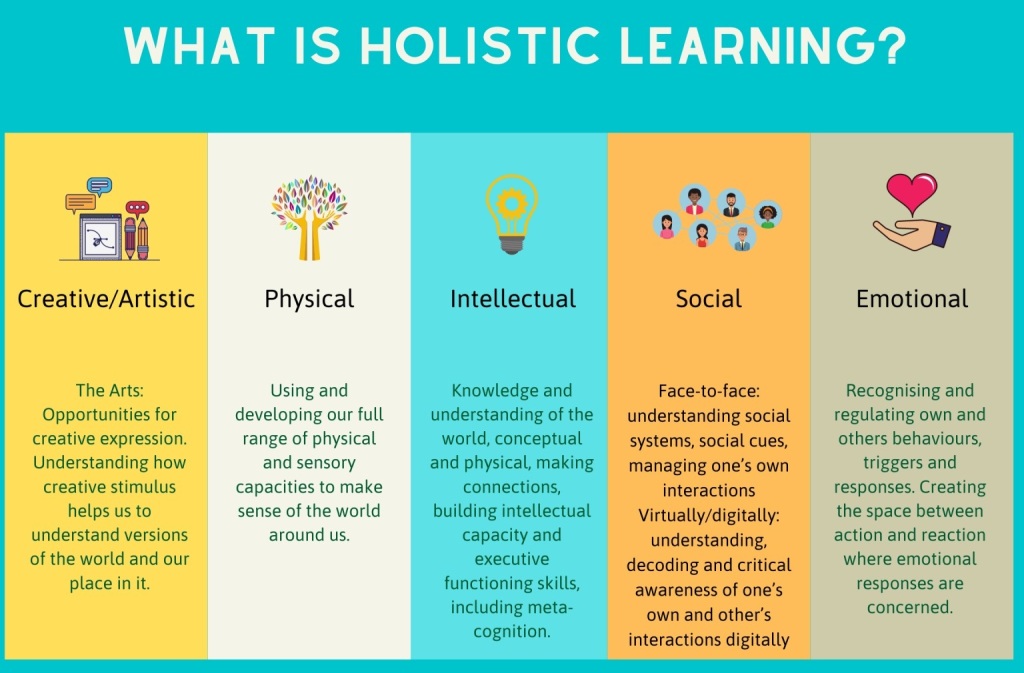In the realm of alternative schooling and education, there is a growing emphasis on holistic learning experiences that go beyond traditional academic subjects. These approaches aim to nurture students’ curiosity, creativity, critical thinking skills, and overall well-being through a diverse range of studies and activities. From nature studies to social justice discussions, each component plays a vital role in shaping well-rounded individuals who are not only academically proficient but also socially aware and emotionally intelligent.
Nature studies offer students the opportunity to connect with the natural world around them, fostering a sense of appreciation and stewardship for the environment. By exploring ecosystems, wildlife habitats, plant life cycles, and sustainability practices, students can develop a deep understanding of their interconnectedness with nature. Field trips to local parks, botanical gardens, or nature reserves can provide hands-on learning experiences that complement classroom lessons.
History timelines serve as powerful tools for contextualizing past events within broader historical narratives. By examining key moments in history through timelines, students can gain insights into cause-and-effect relationships, patterns of change over time, and the impact of human actions on society. This approach encourages critical thinking skills as students analyze primary sources, evaluate multiple perspectives, and draw connections between past events and contemporary issues.
Science experiments engage students in hands-on exploration of scientific concepts through inquiry-based learning methods. By conducting experiments in physics, chemistry, biology, or environmental science labs, students can develop problem-solving skills while honing their understanding of scientific principles. Encouraging curiosity-driven investigations fosters a spirit of experimentation and discovery that nurtures scientific literacy among learners.
Art techniques introduce students to diverse forms of artistic expression encompassing drawing, painting, sculpture design,
photography styles
graphic design
printmaking
mixed media projects
Literature analysis invites students to delve into literary works ranging from classic novels to contemporary poetry collections. By dissecting themes,
character development
narrative structures
symbolism
and cultural contexts within literature pieces,
students can hone their analytical skills while gaining insights into human experiences across different time periods and cultures.
Geography exploration exposes students to diverse global landscapes,
cultural traditions
economic systems
environmental challenges
political dynamics.
By studying maps,
atlases
geospatial technologies,
students can develop spatial awareness while fostering an appreciation for the rich tapestry of our world’s geography.
Math manipulatives offer tactile tools such as counting blocks,
manipulative shapes
measurement instruments
fraction bars
graphing materials,
that help reinforce mathematical concepts through interactive learning experiences.
By engaging in hands-on math activities that involve sorting objects by attributes or solving real-world problems using manipulatives,
students can enhance their numeracy skills while developing spatial reasoning abilities.
Music appreciation immerses students in various musical genres spanning classical compositions ,
jazz improvisations
folk tunes
pop hits
world music traditions.
Through listening exercises ,
musical performances
composition workshops
students can deepen their understanding of music theory while cultivating an aesthetic appreciation for sonic artistry.
Cultural studies expose students to diverse cultural practices ,
beliefs
values
artistic expressions
from around the globe.
By exploring cultural artifacts ,
oral histories
performing arts
culinary traditions ,
students gain cross-cultural competency while celebrating diversity.
Language immersion programs provide opportunities for language acquisition through immersive experiences where instruction is conducted primarily in target languages such as Spanish , French , Mandarin , Arabic , etc .
By engaging in conversations ,
reading texts
writing compositions
in foreign languages ,
students develop linguistic proficiency alongside intercultural communication skills.
Life skills development encompasses practical competencies essential for daily living including financial literacy ,
time management
problem-solving
communication strategies
interpersonal relations.
Physical education activities promote physical fitness health wellness teamwork
sportsmanship
through structured exercises such as yoga classes dance routines sports games outdoor adventures
Civics government lessons educate students about democratic principles governance structures civic responsibilities political processes .
By examining current events policy debates constitutional rights community engagement initiatives
students become informed citizens empowered participate actively democracy .

Leave a comment